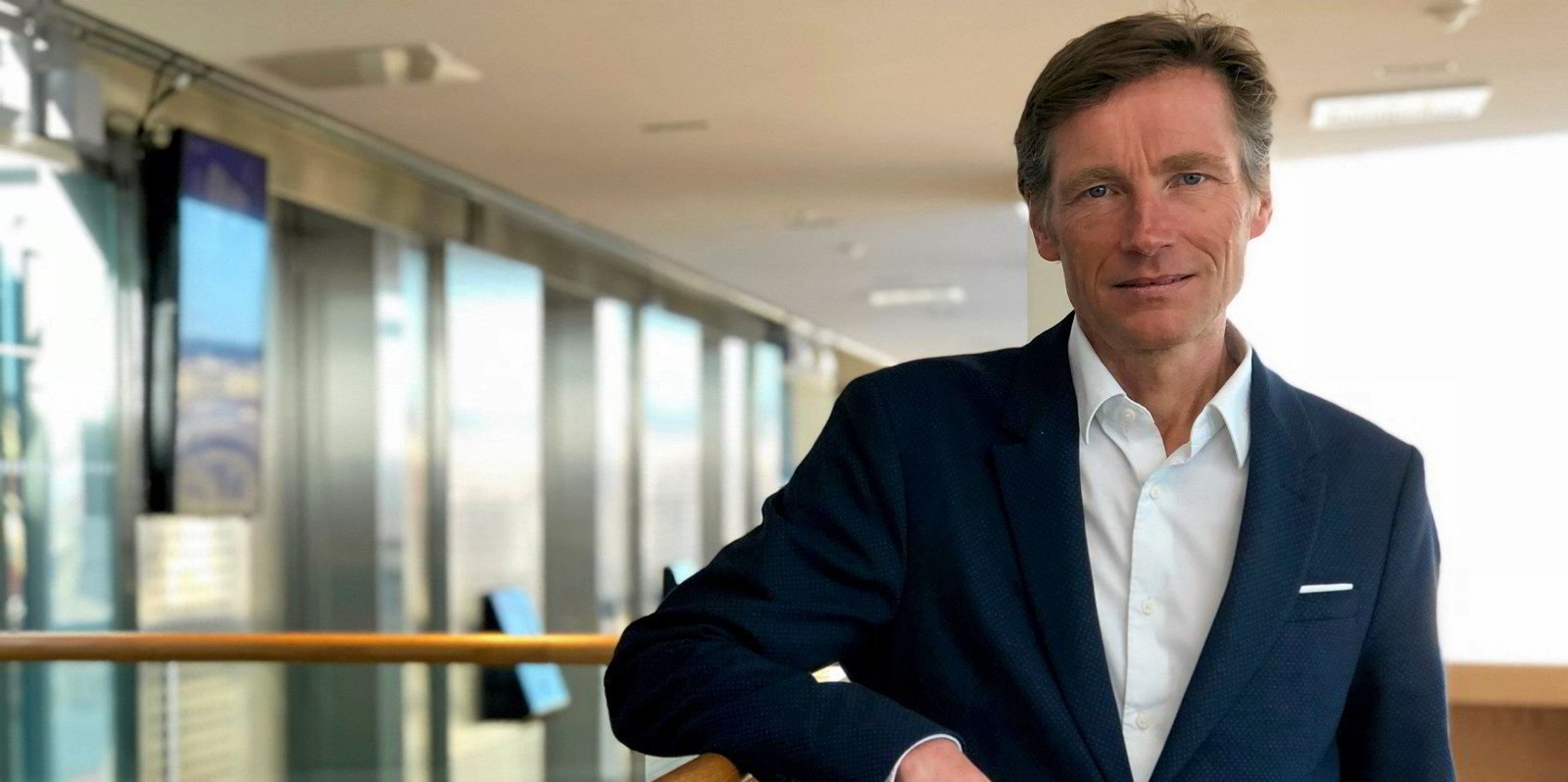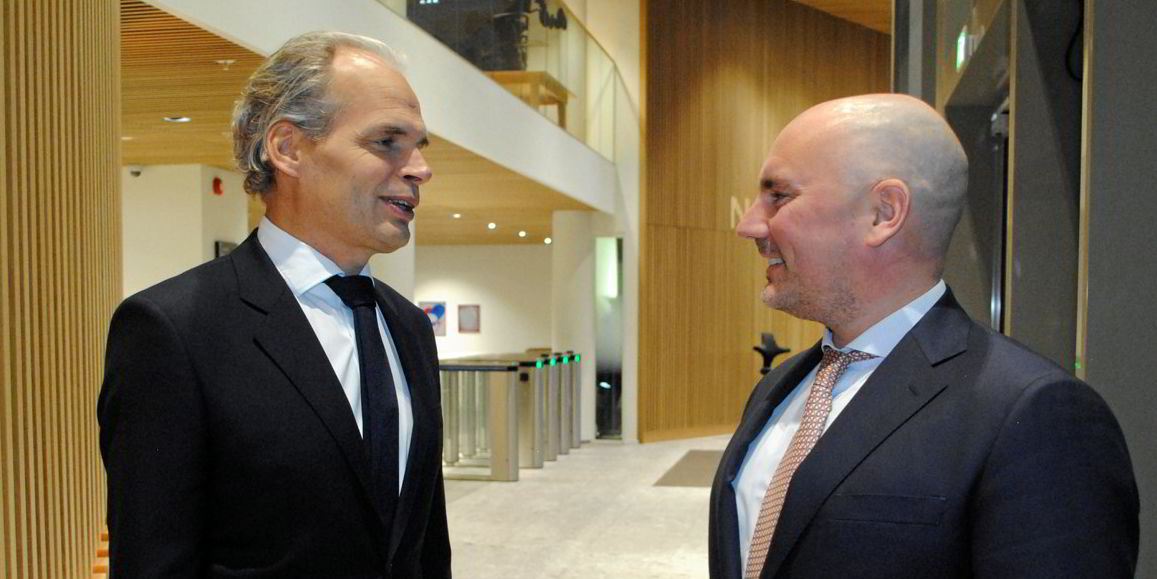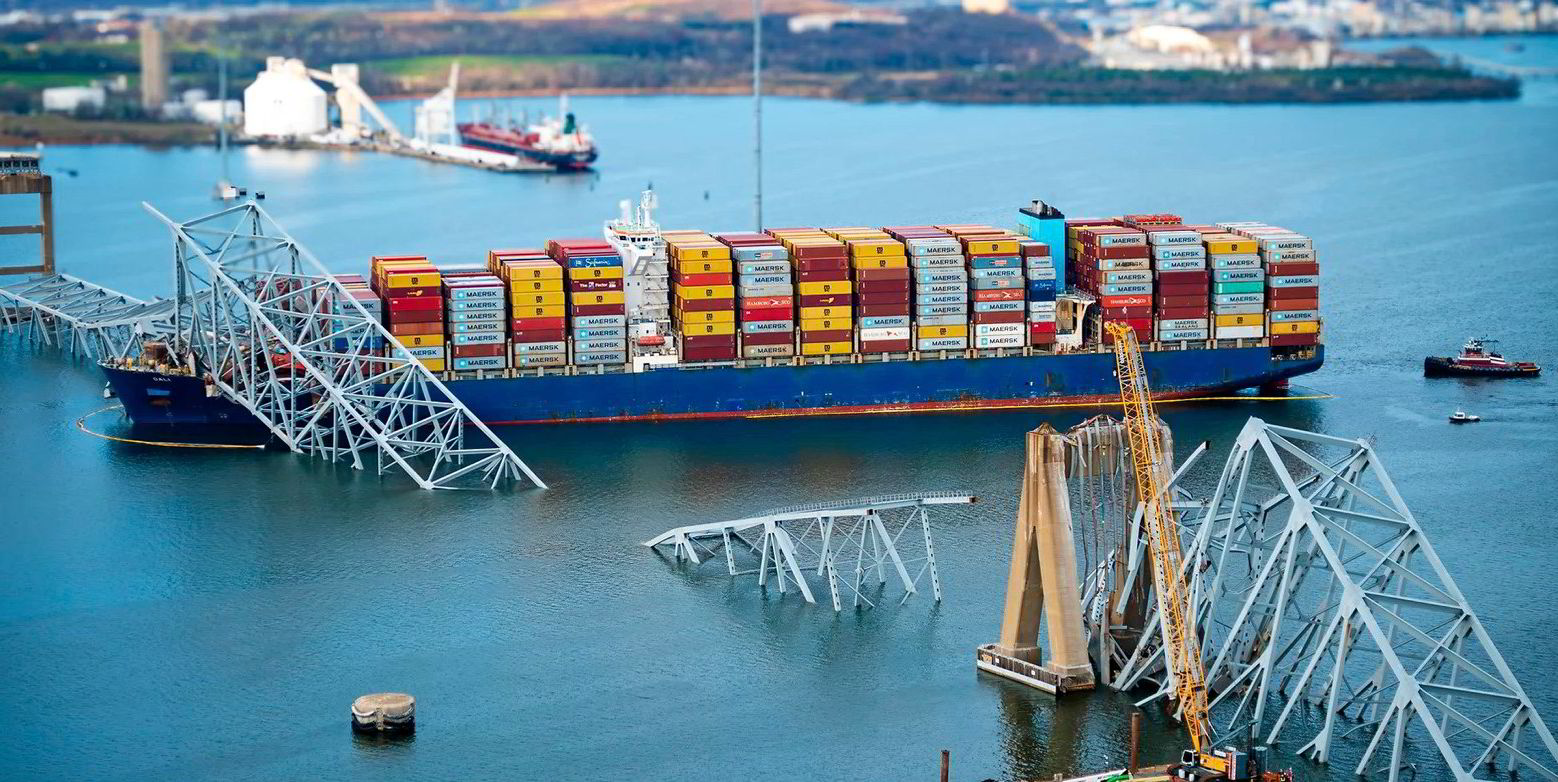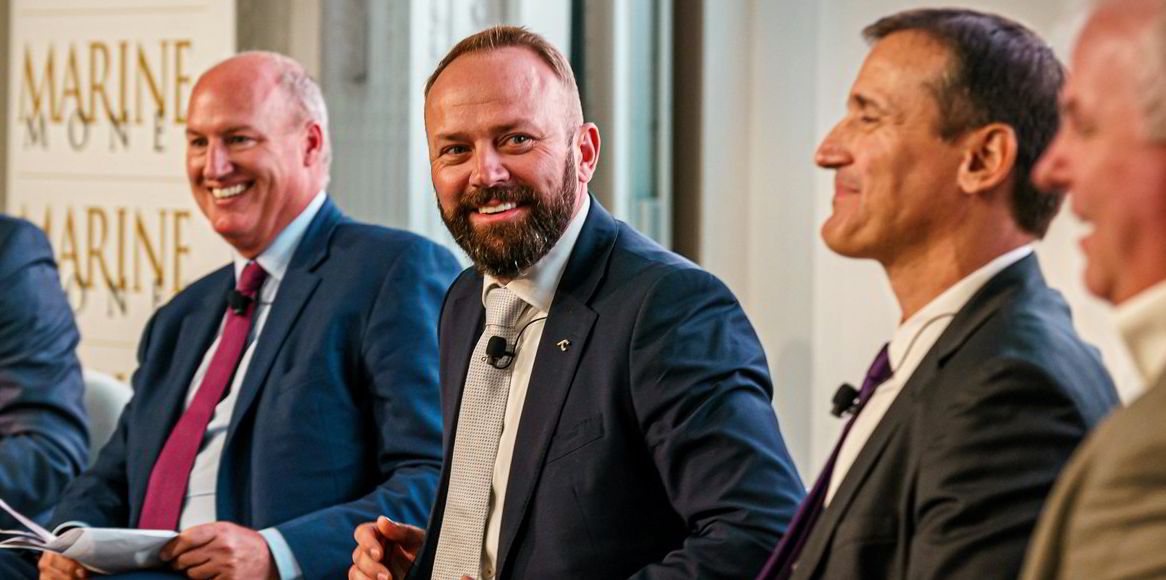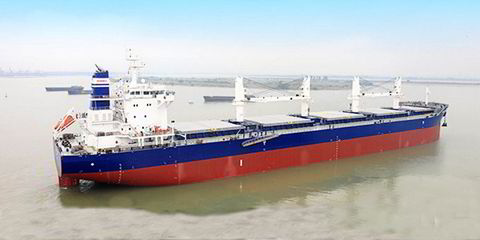Highly risky shipping stocks do not attract Norway’s top stockpicker.
“It is too volatile. I try to find the low-risk stocks,” Robert Naess, chief investment officer at Nordea Investment Management, said in an interview with TradeWinds.
Naess, who is based in Bergen, is one of Norway’s most prominent equity fund managers.
He manages a total of $27bn of global, emerging markets and Norwegian stocks.
Last month, his fund Nordea Norge Verdi was named the best Norway equity fund in 2023 by research firm Morningstar.
His investment strategy is to find low-risk companies with stable and growing earnings over a longer period of time.
In his global fund, Naess typically invests in large non-cyclical companies such as Johnson & Johnson, Coca-Cola and Microsoft.
“Shipping companies generally have more cyclical earnings. In Norway, we pick the least cyclical shipping companies,” he said.
“We must choose the safer segments of the shipping industry.”
Last year, his Norway fund returned 17%, which was six percentage points ahead of the Oslo Bors Mutual Fund index.
“Normally, when shipping companies’ earnings are high, it won’t last. Typically shipowners order too many vessels and then the supply increases too much compared to the demand. And the rates come down and the profitability falls,” he explained.
That is why shipping companies often have a low price-to-earnings ratio: “Even though the market is tight now and everything looks good, the investors refuse to believe that it can last.”
Still, Wilh Wilhelmsen has been one of the biggest holdings in the fund for a long time.
“Wilhelmsen is more robust than the others, combined with attractive pricing,” he said.
According to Naess, Wilhelmsen, as an investment company with business in ship management, is less cyclical than pure tanker and bulker companies.
“It is a company that has been well run in the last decades. They have earned a lot of money historically and then they can qualify for the Norwegian fund,” he said.
The fund also holds Wallenius Wilhelmsen and Treasure, which is a holding company for shares in South Korea’s Hyundai Glovis.
Car carriers are less cyclical than other shipping segments due to long-term fixed contracts, and both companies also operate logistics businesses.
“Wallenius Wilhelmsen will probably earn more than $1bn this year. So a $3.5bn valuation seems low. Although they probably will have similar earnings next year, we should expect the earnings to come down. That has at least been the pattern previously,” he said.
One of the few pure shipping investments is Klaveness Combination Carriers.
“The combination ship gives lower CO2 emissions, which should be helpful for client demand and also indicates less volatility in the future earnings,” he said.
The fund has held Klaveness since its listing on the Oslo Stock Exchange in 2018. The earnings have been “solid”.
Naess does not invest much in the volatile offshore segment, but one of the fund’s biggest holdings is turbine installation firm Cadeler, which he describes as “the strongest player within offshore wind”.
“The current earnings are impacted by a lot of investments. But we are pretty sure that they will have good earnings after investing in ships,” he said.
The Oslo Stock Exchange’s performance in the past 10 years has been mediocre — Naess said the return in US dollars has been around zero.
“Performance has been surprisingly bad in dollars. But right now Norwegian stocks are low priced.”
